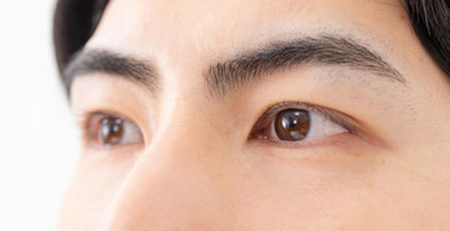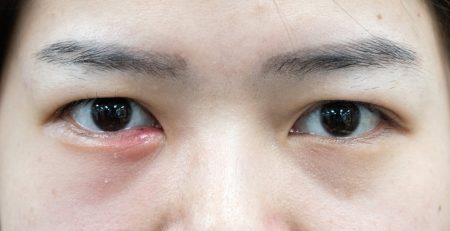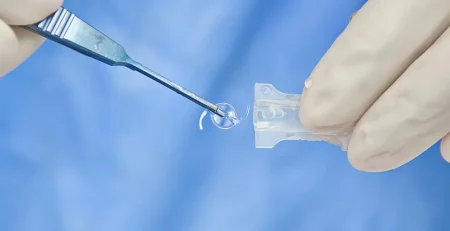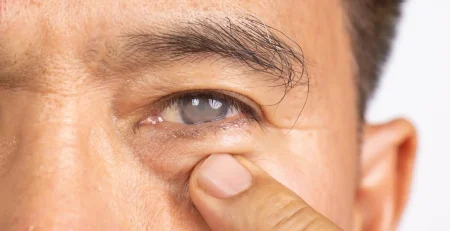Regain Your Clear Vision : A Guide to Cataract Surgery in Singapore
Cataract surgery is a transformative procedure designed to restore vision impaired by cataracts, a condition where the natural lens of the eye becomes cloudy. This common issue often affects older adults, but it can occur at any age due to genetic factors, injury, or prolonged use of certain medications. Cataract surgery is highly effective, allowing patients to regain clarity and improve their quality of life.
The surgery involves removing the cloudy natural lens and replacing it with a clear, artificial intraocular lens (IOL). These lenses come in various types, such as monofocal, multifocal, or toric, depending on your vision needs. With advancements in technology, modern cataract surgery is precise, minimally invasive, and quick, making it one of the safest and most reliable medical procedures available.
Preparing for Cataract Surgery
Proper preparation plays a critical role in the success of your cataract surgery. It starts with scheduling an appointment with a reliable ophthalmologist to evaluate your eye health. During your consultation, the doctor will conduct a thorough examination to confirm the presence and severity of cataracts. They may also discuss your medical history and current medications, as some drugs might need to be adjusted or paused before surgery.
Measurements of your eye will be taken to determine the correct power of the intraocular lens to be implanted. This process ensures that the new lens is customized to your unique vision needs, enhancing post-surgery outcomes. Your surgeon will also explain what to expect on the day of the procedure, how to prepare, and the recovery process.
In the days leading up to the surgery, it’s crucial to follow the doctor’s advice closely. This may include using prescribed eye drops to reduce the risk of infection and inflammation. Avoiding heavy meals and arranging transportation for the surgery day are also recommended, as you won’t be able to drive immediately after the procedure.
The Procedure and Recovery
Cataract surgery is typically an outpatient procedure performed under local anesthesia, meaning you’ll remain awake but won’t feel pain during the operation. The procedure usually takes less than 30 minutes. Your surgeon will make a tiny incision in the eye, break up the cloudy lens using ultrasound technology, and remove it. Once the lens is out, the artificial intraocular lens is carefully inserted into its place.
After the surgery, you’ll spend a brief period in recovery before being allowed to go home. While you may notice immediate improvements in your vision, it’s normal for some blurriness to persist during the initial healing phase. Your doctor will provide a detailed aftercare plan, including the use of medicated eye drops and tips to protect your eyes.
Recovery from cataract surgery is generally straightforward, with most patients resuming normal activities within a week. However, it’s important to avoid strenuous activities, heavy lifting, and exposure to dust or irritants during the healing period. Follow-up visits with your surgeon will monitor your progress and ensure that your eyes are healing properly.
Finding the Right Cataract Surgeon in Singapore
Selecting the right cataract surgeon in Singapore is an important step toward achieving the best outcome. Start by researching reputable eye clinics and specialists with experience in cataract surgery. Look for certifications, patient reviews, and testimonials that highlight their expertise and commitment to patient care.
Advanced technology is another factor to consider. Clinics that offer advanced diagnostic tools and surgical equipment can ensure more precise results. Additionally, a skilled surgeon will take the time to explain your options, answer your questions, and customize the procedure to suit your individual needs.
Don’t hesitate to consult multiple specialists if necessary. A good surgeon will make you feel confident about the procedure and provide clear guidance throughout your journey.
Regaining your vision through cataract surgery in Singapore is not just about seeing clearly again—it’s about improving your overall quality of life. If you’re experiencing the symptoms of cataracts, take the first step toward brighter, clearer vision by booking a consultation with Dr. Roy today.











